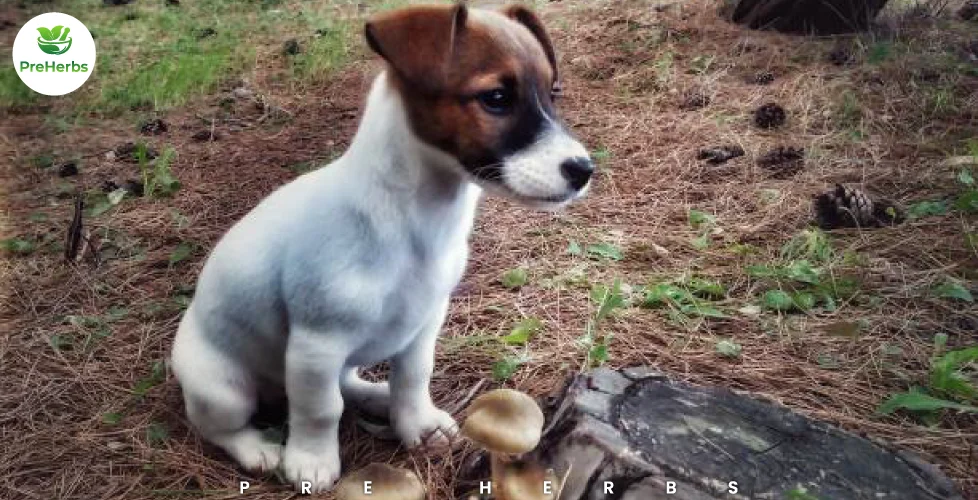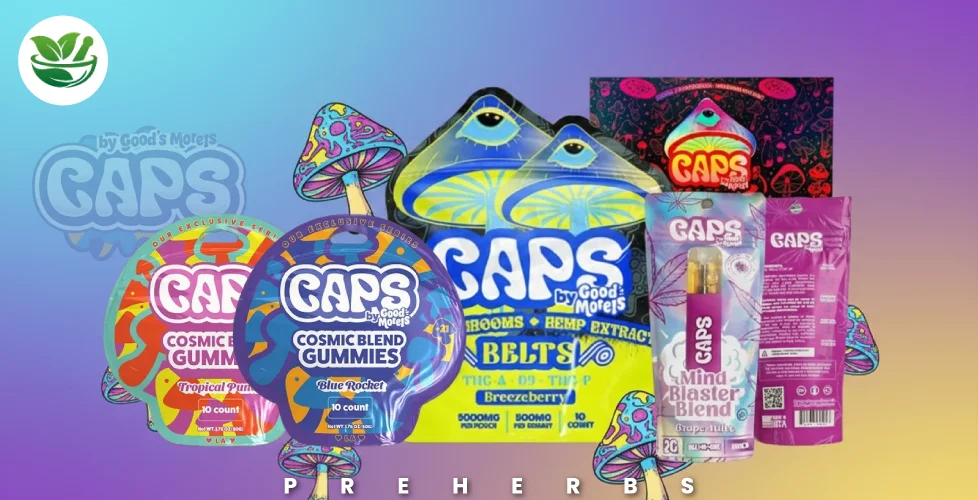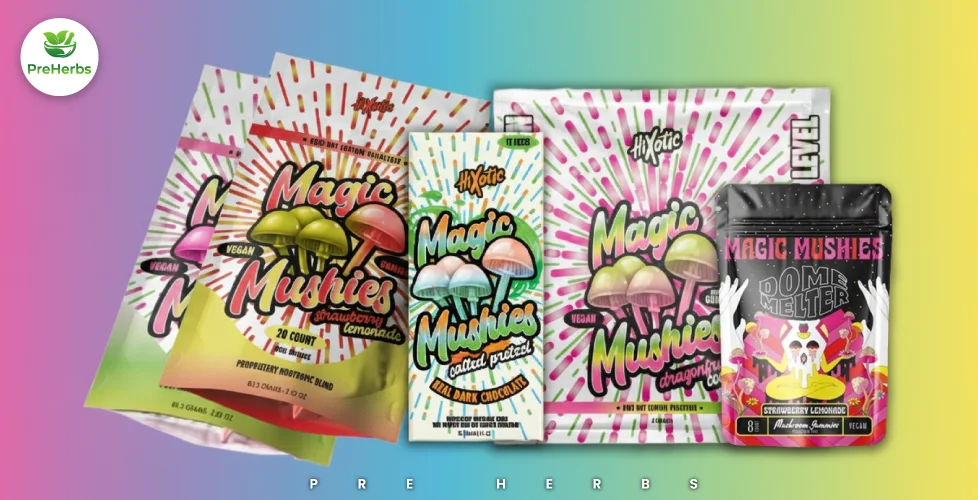Mushrooms are a common ingredient in many human meals, from soups and salads to stir-fries and pizzas. While we often enjoy their earthy flavor and nutritional benefits, many pet owners find themselves asking: can dogs eat mushrooms? The answer is not as simple as a “yes” or “no.” Some mushrooms are safe for dogs, while others can be highly toxic—even fatal.
As a responsible pet owner, it’s crucial to understand which mushrooms are safe, which are dangerous, and what steps to take if your dog accidentally eats the wrong kind. This comprehensive guide covers everything you need to know about dogs and mushrooms, including are mushrooms safe for dogs, what mushrooms are toxic to dogs, and symptoms of mushroom poisoning in dogs.
Understanding Mushrooms and Dogs
Mushrooms are a diverse group of fungi, with over 50,000 known species worldwide. While only a small percentage are toxic, identifying which ones are safe can be tricky—even for experts.
For dogs, this presents a significant risk. Unlike humans, who can carefully select edible varieties, dogs may sniff or eat mushrooms they find outdoors. Knowing the difference between edible mushrooms for dogs and dangerous ones could be lifesaving.
Read More: Health Benefits of Incorporating White Mushrooms into Your Diet
Are Mushrooms Safe for Dogs?
In moderation, some store-bought mushrooms are safe for dogs. Common varieties such as white button mushrooms, portobello, and cremini are generally non-toxic when prepared properly.
However, there’s an important distinction: store-bought vs. wild mushrooms. While you may safely cook mushrooms for your dog at home, wild mushrooms found on lawns, parks, or trails can be highly toxic—even deadly.
What Mushrooms Are Toxic to Dogs?
When it comes to wild mushrooms and dogs, the risk is serious. Toxic mushrooms can cause anything from stomach upset to organ failure. Here are some of the most dangerous varieties:
- Amanita phalloides (Death Cap Mushroom) – Causes severe liver damage and is often fatal.
- Amanita muscaria (Fly Agaric) – Can cause hallucinations, seizures, and severe neurological symptoms.
- Galerina marginata (Deadly Galerina) – A highly poisonous mushroom that can lead to organ failure.
- Inocybe and Clitocybe species – Can cause excessive drooling, tear production, and neurological problems.
- Gyromitra species (False Morel) – Contains toxins that can damage the liver and nervous system.
Because it’s so difficult to distinguish toxic mushrooms from edible ones, veterinarians strongly advise keeping your dog away from all wild mushrooms.
Can Dogs Eat Raw Mushrooms?
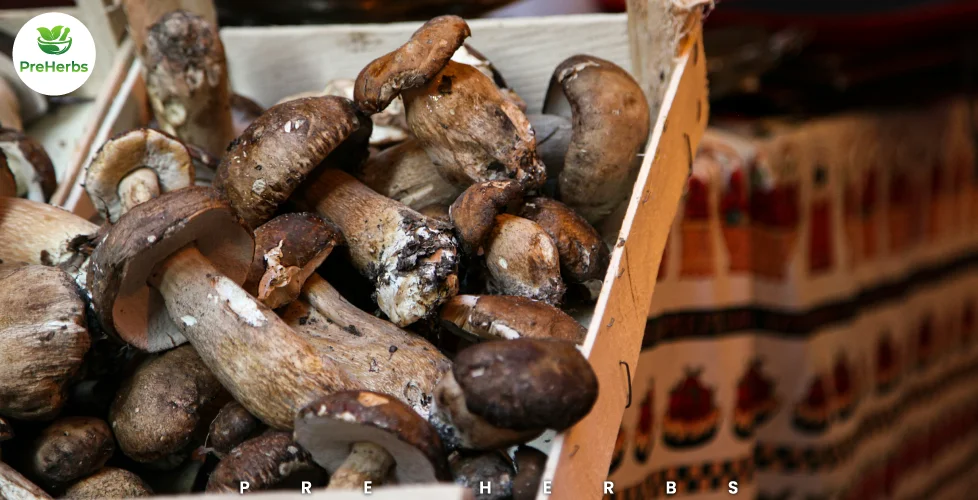
Raw mushrooms are more difficult for dogs to digest. While not always toxic, raw mushrooms may cause:
- Upset stomach
- Gas and bloating
- Diarrhea
Therefore, cooked mushrooms (plain and safe varieties) are a better choice than raw ones.
Can Dogs Eat Cooked Mushrooms?
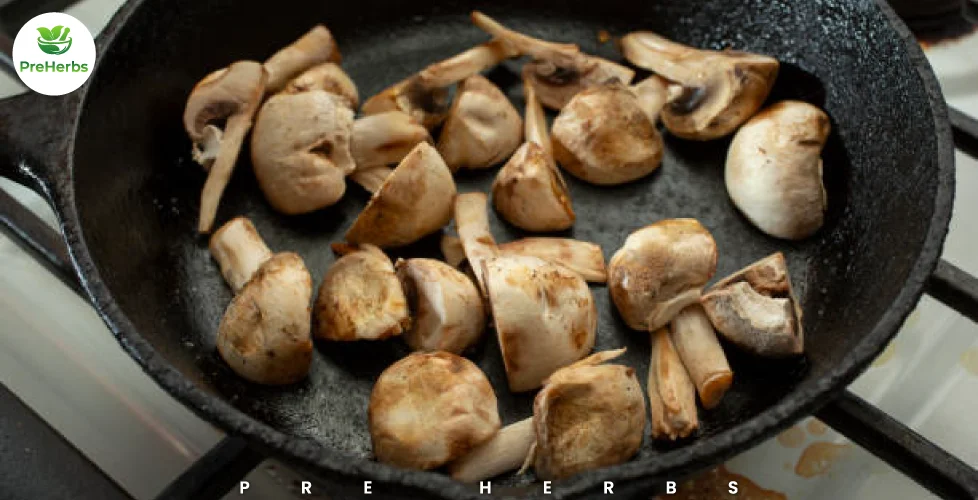
Yes—dogs can eat cooked mushrooms as long as:
- They’re a safe, store-bought variety.
- They’re cooked plain without oils, butter, garlic, or onions.
Garlic and onions, often used in mushroom dishes, are toxic to dogs and can damage their red blood cells.
Cooked mushrooms can provide small nutritional benefits, such as:
- Antioxidants
- Fiber
- Vitamins (B vitamins, vitamin D in some cases)
- Minerals (potassium, selenium)
Still, mushrooms should only be an occasional treat, not a dietary staple.
Read More: How to Cook Mushrooms: A Beginners Guide to Selecting, Preparing, and Cooking Varieties
Edible Mushrooms for Dogs
If you’d like to safely add mushrooms to your dog’s diet, stick to store-bought varieties. Some edible mushrooms for dogs include:
Not all mushrooms are dangerous—some store-bought varieties are safe for dogs when cooked plain and given in moderation. These include:
- Button mushrooms
- Cremini mushrooms
- Portobello mushrooms
- Shiitake mushrooms
- Maitake mushrooms
- Reishi mushrooms (often used in supplements)
These mushrooms contain beneficial nutrients like fiber, antioxidants, and vitamins, but should always be given in moderation.
Dogs and Mushroom Poisoning
Accidental mushroom poisoning is a real threat for curious pups who like to sniff and taste things outdoors. Dogs don’t know the difference between safe and poisonous mushrooms, which is why ingestion can quickly turn into an emergency.
Common dangers of mushroom poisoning in dogs include:
- Severe digestive upset
- Neurological symptoms like tremors or seizures
- Organ damage, especially liver and kidneys
- In severe cases, death
Even a small bite of a toxic mushroom can be enough to cause serious harm.
Symptoms of Mushroom Poisoning in Dogs
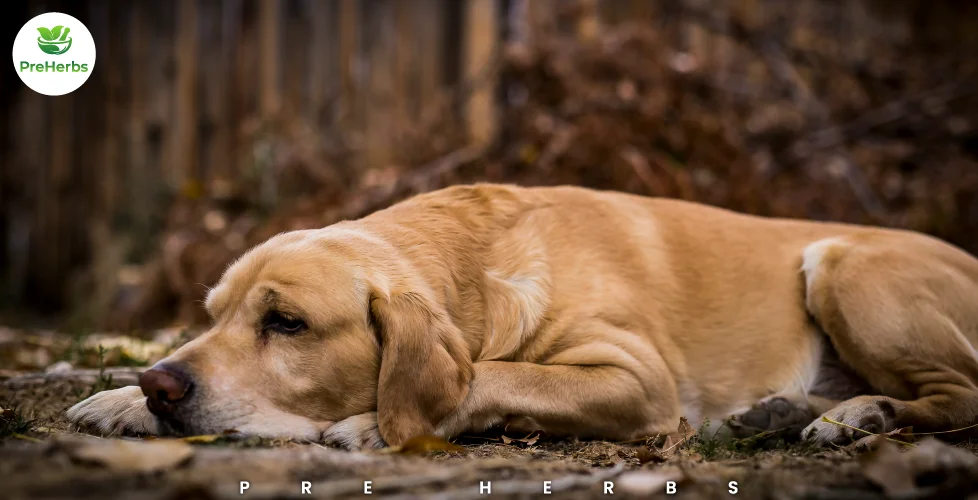
The signs of dogs and mushroom poisoning vary depending on the type of mushroom ingested. Symptoms can appear within minutes or hours, and early treatment is crucial.
Common symptoms include:
- Vomiting
- Diarrhea
- Drooling or excessive salivation
- Weakness or lethargy
- Tremors or seizures
- Abdominal pain
- Disorientation or stumbling
- Yellowing of eyes or gums (jaundice from liver damage)
If you notice symptoms of mushroom poisoning in dogs, treat it as a medical emergency.
Nutritional Benefits of Safe Mushrooms for Dogs
While mushrooms should never replace your dog’s main diet, safe mushrooms can provide valuable nutrients when given in moderation:
| Nutrient | Benefit for Dogs |
| B Vitamins | Support energy, brain function, skin & coat health |
| Antioxidants | Boost immunity and protect cells from damage |
| Potassium | Helps muscles, nerves, and fluid balance |
| Fiber | Supports digestion and gut health |
| Beta-glucans | Strengthen the immune system |
Note: These benefits apply only to safe, store-bought mushrooms. Wild mushrooms can be toxic and should never be fed to dogs.
10 Foods Dogs Shouldn’t Eat
Not all human foods are safe for dogs. Some can be toxic or even life-threatening. Here are 10 foods you should always keep away from your pup:
- Chocolate – Contains theobromine, toxic to dogs.
- Grapes & Raisins – Can cause kidney failure.
- Onions & Garlic – Damage red blood cells, leading to anemia.
- Avocado – Contains persin, harmful in large amounts.
- Alcohol – Even small sips can cause poisoning.
- Xylitol (Sugar-Free Gum & Candy) – Triggers insulin release, leading to dangerous low blood sugar.
- Macadamia Nuts – Cause weakness, tremors, and vomiting.
- Caffeine (Coffee, Tea, Energy Drinks) – Overstimulates the nervous system.
- Cooked Bones – Splinter easily, causing choking or internal injuries.
- Raw Dough (Yeast) – Expands in the stomach, leading to bloating and alcohol toxicity.
Bottom line: Always stick to vet-approved treats and dog-safe foods. When in doubt, don’t share your meal.
What to Do If Your Dog Eats a Wild Mushroom
If you think your dog has eaten a wild mushroom, take these steps immediately:
- Remove any remaining mushroom from your dog’s mouth if possible.
- Do not induce vomiting unless instructed by your veterinarian.
- Take a picture of the mushroom for identification.
- Contact your veterinarian or an emergency animal clinic right away.
- If available, call the Pet Poison Helpline or ASPCA Animal Poison Control Center for immediate guidance.
Time is critical when it comes to mushroom poisoning. The sooner your dog receives medical treatment, the better the chances of recovery.
Vet Advice on Mushrooms and Dogs
Veterinarians generally urge pet owners to be extremely cautious with mushrooms. While some store-bought mushrooms are technically safe, the risks often outweigh the benefits. Here’s what most vets recommend:
- Avoid wild mushrooms entirely – Even experienced foragers can mistake toxic varieties for edible ones.
- Stick to plain, store-bought mushrooms if you want to share them, but only in small amounts.
- Skip seasonings and oils – Garlic, onions, butter, or salt are harmful to dogs.
- Watch for reactions – If your dog shows signs of stomach upset, stop feeding mushrooms immediately.
- Seek help right away – If your dog eats a wild mushroom, treat it as an emergency and contact a vet immediately.
Vet tip: Mushrooms are not essential for your dog’s diet. Safer alternatives like carrots, pumpkin, or blueberries provide similar benefits without the danger.
Safety Tips for Feeding Dogs Mushrooms
To keep your furry friend safe, follow these guidelines:
- Avoid Wild Mushrooms – Never let your dog eat mushrooms found outdoors.
- Stick to Store-Bought Varieties – Only feed mushrooms from a trusted source.
- Cook Plainly – No oil, butter, garlic, onions, or seasonings.
- Moderation is Key – Small portions are enough; mushrooms should not be a major part of their diet.
- Monitor for Symptoms – Watch your dog closely after introducing mushrooms to ensure they tolerate them well.
Read More: Navigating the Negative Effects of Portobello Mushrooms: Tips for Safe Consumption
Alternatives to Mushrooms for Dogs
If you’d rather avoid the risks that come with mushrooms, there are plenty of safe, healthy alternatives you can offer your dog as treats:
- Carrots – Crunchy, low-calorie, and great for dental health.
- Blueberries – Packed with antioxidants that boost immunity.
- Sweet Potatoes – Rich in fiber and vitamins, excellent for digestion.
- Pumpkin – Helps regulate digestion and supports gut health.
- Apples (without seeds) – Provide vitamins A and C with a refreshing crunch.
- Green Beans – Low-calorie, filling, and support weight management.
- Bananas – Natural energy booster with potassium and fiber.
These options are easier to digest, safe for most dogs, and provide similar nutritional benefits without the risks associated with mushrooms.
Pros and Cons
Healthy Treat or Hidden Threat? The Truth About Mushrooms for Dogs
Pros
- Rich in vitamins and minerals
- Support immune system health
- Provide dietary fiber for digestion
- Contain antioxidants for cell protection
- Low in calories and fat
Cons
- Risk of wild mushroom poisoning
- Raw mushrooms hard to digest
- Cooked with seasoning can be toxic
- Some dogs may have allergies
- Not a necessary part of diet
FAQ’s
Frequently Asked Questions About Dogs and Mushrooms
1. What are the side effects of mushrooms for dogs?
Some mushrooms can cause vomiting, diarrhea, weakness, or even organ damage if toxic. Always stick to safe, store-bought varieties.
2. How much mushrooms can my dog eat?
Only small, occasional portions of plain cooked mushrooms are safe; too much may upset your dog’s stomach.
3. Are mushrooms really good for dogs?
Edible mushrooms provide some vitamins and antioxidants, but they’re not essential to a dog’s diet.
4. Which vegetable can dogs not eat?
Dogs should never eat onions, garlic, leeks, or chives as they are toxic and can damage red blood cells.
5. Is rice good for dogs?
Yes, plain cooked rice is safe for dogs and often used to soothe digestive issues like diarrhea.
6. Can dogs eat mushrooms from pizza?
No, dogs shouldn’t eat mushrooms from pizza because they’re often cooked with garlic, onions, oils, and seasonings that are toxic to dogs.
7. What happens if a dog licks a mushroom?
If it’s a store-bought mushroom, a lick is usually harmless, but if it’s a wild mushroom, contact your vet immediately as even small amounts can be toxic.
Final Thoughts
So, can dogs eat mushrooms? The answer depends:
Yes, plain, cooked store-bought mushrooms can be safe in moderation.
No, wild mushrooms should never be eaten because of the high risk of toxicity.
While safe mushrooms may provide small health benefits, the risk of poisoning—especially from wild varieties—is far too serious to ignore. Always consult your veterinarian before offering mushrooms or adding any new food to your dog’s diet.
Your dog’s safety comes first. When uncertain, skip the mushrooms and choose a safer treat—and if your dog ever eats a wild mushroom, seek immediate veterinary care or call a pet poison hotline without delay.

